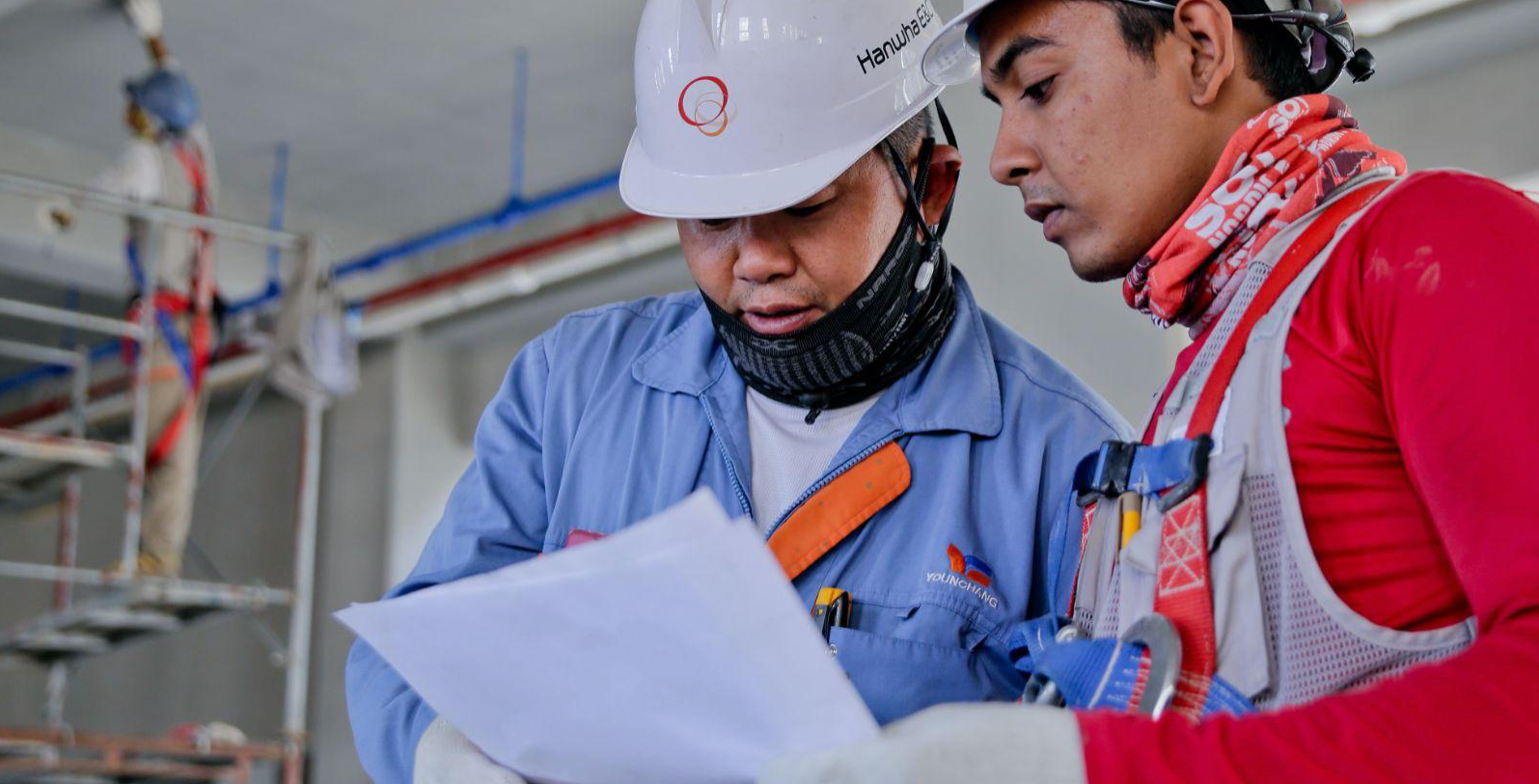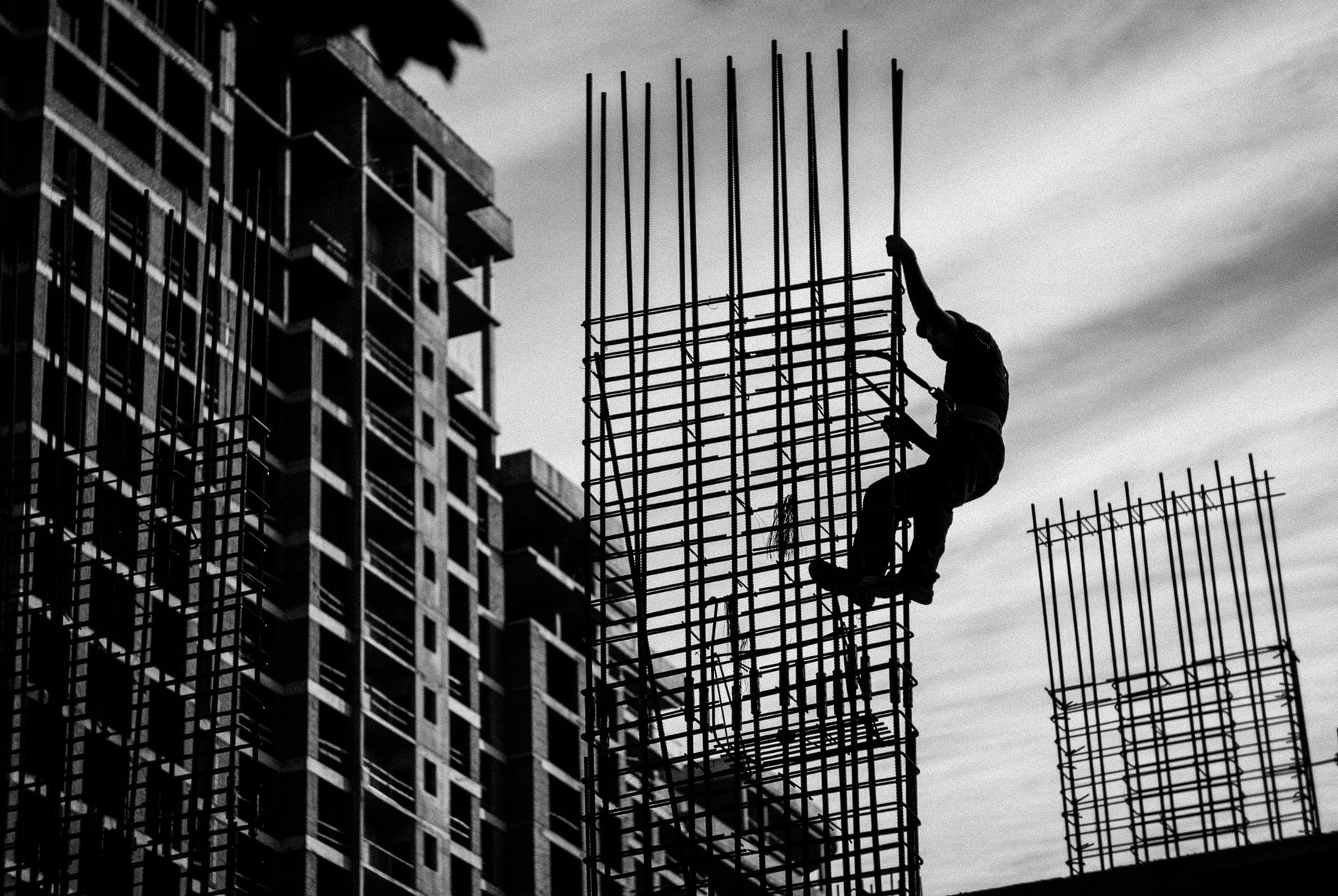What Are Fit For Duty Exams?

Businesses need to ensure that each of their workers are fit and capable of fulfilling their daily job tasks. Conducting fit for duty exams helps you to establish if a worker is fit for a specific job. These evaluations are often implemented for labor-intensive job roles to minimize the risk of injuries and improve workplace safety.
Fit for duty examinations are performed with new workers, so safety specialists can establish whether you’re a good fit for the job. These fit for duty tests are also used for workers who come back to work after recovering from an injury, which is why they’re referred to as return-to-work exams. They need a fit for duty evaluation to determine if they’re ready to get back to work.
The Legal Status of Fit for Duty Exams
EEOC’s Uniform Guidelines to Employee Selection Procedures have stated that performing fitness for duty examinations in the workplace is legal. These are legal requirements that establish if a worker is viable for fitness of duty test:
- An employee is struggling with their job role and can’t fulfill their tasks properly.
- The employee is diagnosed with a medical condition that may hinder their working capabilities.
- The employee has increased in carelessness and recklessness.
- When an employee returns to work after a break from the recovery of an illness or injury.
These are instances when employers are legally required to implement fit for duty evaluations, as it protects both them and their employees. It’s important to remember that it’s illegal to discriminate against potential workers with disabilities. They can only be denied work if their disabilities prevent them from fulfilling the tasks their job requires.
When You Should Set a Fitness for Duty Examination

It’s important to know when a fit for duty exam would be both legal and valuable for your business. We’ve established the legal requirements for you to test a worker's capabilities and fitness for duty.
These are some signs that some of your employees need a fit for duty assessment:
1.New employees.
One of the main reasons why you may need to conduct fit for duty tests is when you’re onboarding new employees. They are new to the work environment, so it needs to be determined whether they are fit and capable enough for their new job role.
2.They experience health issues.
We all experience health issues now and then, this doesn’t mean we’re unfit to work. It’s important to determine when health problems are critical and get in the way of work. For example, if they become uncoordinated and shaky, they may cause injury to themselves and others around them.
3.Emotional and mental instability.
If you notice the mental and emotional well-being deteriorating, such as crying excessively, memory loss, or suicidal thoughts and threats, you should implement fitness for duty tests.
4.Repetitive signs.
It’s also crucial to note that all of these signs have to be repetitive for you to do something about it. Everyone has a bad day now and then, this doesn’t mean they’re unfit for the job. This makes it important for you to monitor your workers so you can implement fit for duty tests when they show patterns.
What the Fit for Duty Examination Evaluates
Fit for duty testing establishes whether workers are physically, mentally, and emotionally well enough for duty. What goes into the FFD exam is relative to each workplace. Each employer has different requirements for their job roles, so it’s important to set a fit for duty assessment that tests workers’ capabilities accurately.
FFD tests target different aspects of the employee. The employee would be tested physically, psychologically, and emotionally. Even if it’s a labor-intensive job, the emotional and mental state of your employees is crucial. These are a few things that are evaluated for each candidate:
- Substance abuse. Part of the fit for work test is testing for substance abuse. It’s important to know that your employees aren’t abusing drugs and alcohol on the job. If someone tests positive for substance abuse, they could be a risk to others.
- Vision and hearing. For hands-on jobs, vision and hearing are very important. You need workers who can see what they’re doing, so they don’t accidentally harm themselves or others. They also need to be able to hear in case they’re being alerted.
- Emotional state. The emotional state of your employees is so crucial to consider. If you have an employee in a vulnerable and unhealthy emotional state, they can lash out at your other workers and become a liability.
- Their risk tolerance. Having high-risk employees on-site can be extremely dangerous, especially when there’s heavy equipment around. These high-risk employees could become a risk to themselves and the other employees.
The Process of Fit for Duty Testing
Although each employer has different requirements and abilities they want to test, they all have a similar procedure to find results. Different types of tests may be conducted for different scenarios. These are three tests you may perform with your employees:
- Return-to-work test. This test is done after an employee comes back after they feel ready for recovering. It determines whether they are fully recovered from either an injury or illness.
- Post-employment testing. This test is conducted once a new employee is going through the onboarding process after being offered the job. They are tested to see if they are a good fit for this new job role.
- Job performance. This test displays whether the employee can fulfill all the tasks expected of them to do their job. These tests include specific scenarios that test whether they’re suited for the workplace.
What Happens During Your Fit for Duty Exam
When performing fit for duty examinations, you should test things that are relative to the job and the tasks your employees have to do each day. However, some general practices go into an FFD, such as:
- Substance abuse check. To check for substance abuse you can use a breathalyzer to find if they’ve drunk alcohol inappropriately, this is a practice that can be practiced frequently, not just for fit for duty tests. To check for use of drugs, you can get urine or blood samples.
- Vision tests. It’s been established how important eyesight is for labor-intensive jobs. An optometrist should perform eye tests on your employees to see if they have good enough eyesight.
- Range of motion. Testing employees’ range of motion gives you a good idea of how they can perform physical tasks. This part of the test evaluates your motor functions, as well as your strength.
- Blood pressure. A great way to check the overall health of your workers is by checking their blood pressure. Blood pressure and cholesterol can show a lot about one’s health and fitness.
- Psychological tests. Don’t forget that a good FFD test checks the psychological well-being of employees. Tests should be done to reveal if employees have a mental illness or if they’re emotionally unstable.
- Pulmonary function. The pulmonary function has to do with lung health. This test shows if you have healthy breathing patterns, and determines your breathing capacity. From this, it’s determined how much you’re able to breathe in and out, and the pace of your breathing.
Fit for Duty Test When An Individual Is Disabled
According to the Americans with Disabilities Act, it’s illegal to discriminate against workers with disabilities. If a potential employee is disabled, you should give them the opportunity to take the fit for duty examination. You may have to make some adjustments so that they’re capable of completing the test.
Providing workers with a disability gives them a great opportunity, as they may have trouble finding work at other companies. All you have to do is adjust the job tasks so that it’s suitable for their disabilities.
How Fit for Duty Testing Benefits Employers

Many benefits come from implementing fit for work tests, especially for the employer. As long as you’re running these tests fairly and legally, you can find the following benefits from performing FFD tests. These are some benefits you can experience from implementing tests:
- Minimal injuries on-site. When fit for duty tests are done, it improves workplace safety. The only people who are working on-site are people who are seen fit enough for the workplace. This prevents any accidents from happening on-site, which in return decreases injuries.
- Improved employee retention. When employees aren’t getting injured and they are in a safe workplace, it increases employee retention. This means that employees stay with you and you grow a loyal and reliable team of employees.
- Gathering data. It’s always important to have data on your employees. This data can be used for many different things. For example, it’s important to have medical records on-hand in case an employee has a medical emergency on-site.
- Optimizes productivity. When the workplace is safe and efficient, everything runs smoothly.
Benefits Their Employees
Not only do the fit for duty tests benefit employers, but they also benefit its employees. When these exams are held, it allows employees to get a job that they’re fit for. This prevents employees who are at risk for injuries from getting hired.
It also protects the safety of employees who become high-risk and dangerous to themselves and others, as employers can check if they are fit enough. Doing fit for duty tests, ensures that the staff is all people who are physically, emotionally, and mentally healthy.
Where Can I Get the Best Fit for Duty Testing for Our Employees?
After hearing about how a fit for duty test is run, why it’s important, and how it benefits you, it’s important to finally implement it in your business. PCP can help you to test your employees and determine their physical capacities. They provide high-quality service that helps you hire and maintain employees appropriate for your workplace.
Frequently Asked Questions
There are some other details about the fitness duty test that are important to remember before you go ahead and implement it in your workplace. These are a few frequently asked questions with answers that may help you understand fit for duty testing more:
1.How long does the fitness for duty test take?
It depends on the tests you’re implementing. Some tests can be as quick as 30 minutes if you’re just doing urine samples and range motion tests. On the other hand, they can take much longer.
2.Who performs the test?
Getting a third-party professional to help you perform the test is often best. They know the procedure of the tests, and they can set up everything for you. PCP will guide you along this journey.
3. What happens if an employee refuses to take the test?
In cases where an employee may refuse to take part in the test, they can be met with either suspension or termination.
4. Where should testing be held?
Your tests can be held anywhere that’s most convenient or cost-effective for you. You could either conduct testing on-site or you could do it at the third party’s location.
Conclusion:
The quality of your staff is crucial, as it influences productivity, injuries, and professionalism. Conducting fit for duty examinations helps you to determine whether employees are physically and psychologically fit enough to fulfill their job role in the workplace, without causing any injuries to themselves or other workers.
